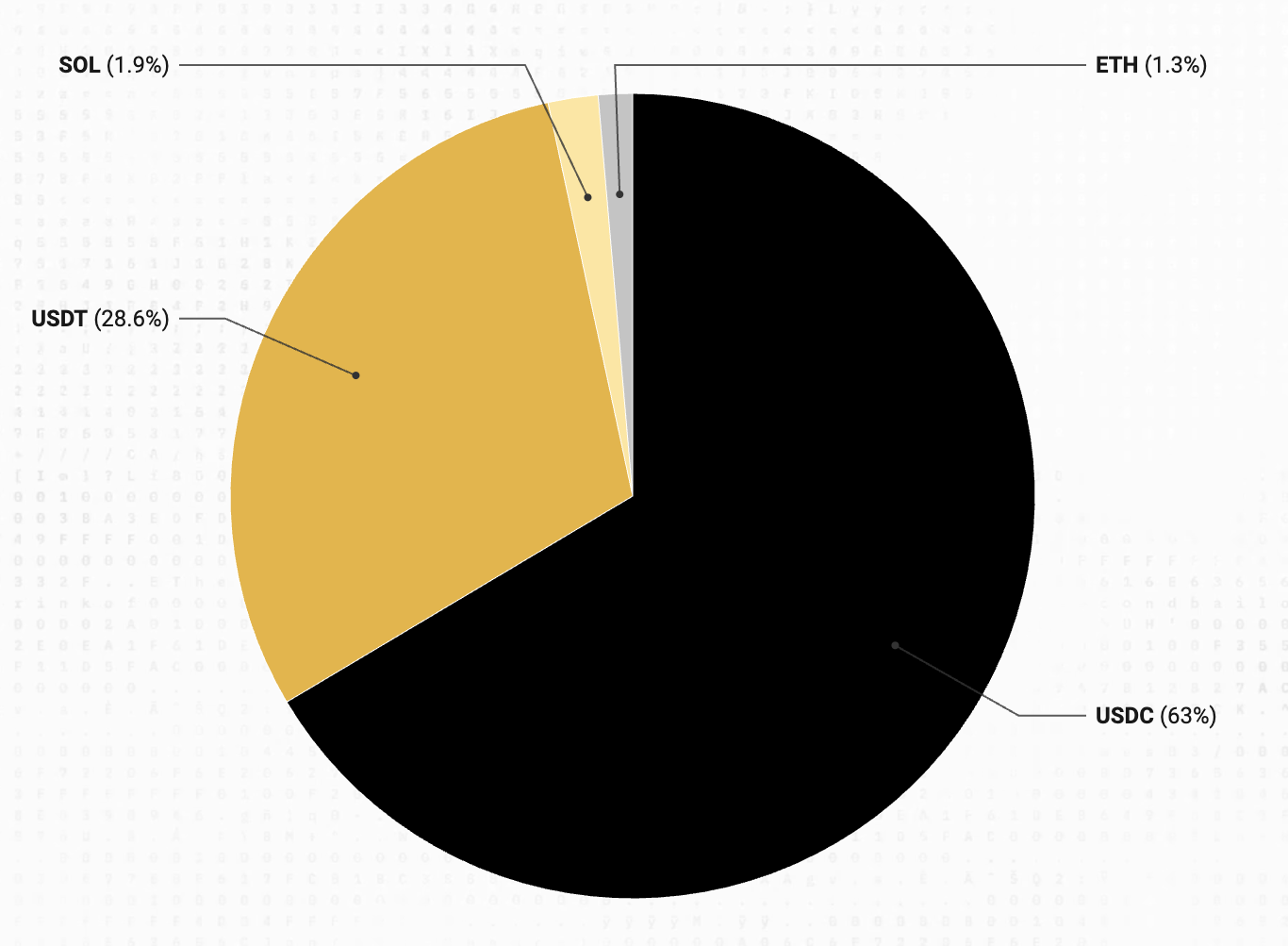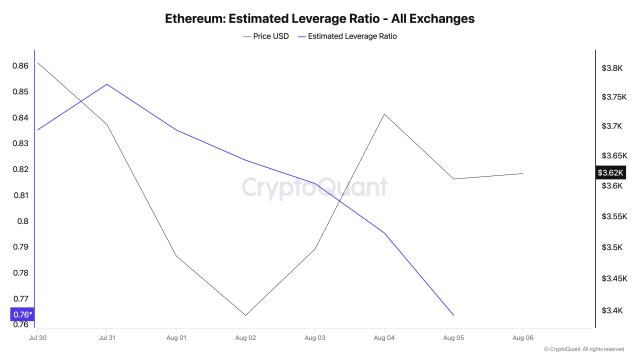Pantera's global compensation survey shows that in 2024, USDC from Circle accounts for 63% of crypto-paid salaries, and despite USDT's dominance in trading, its salary growth still exceeds USDT.
According to the report from venture capital firm Pantera Capital, the number of crypto professionals receiving salaries in digital assets has doubled in the past year, with 9.6% paid in stablecoins.
The report, based on responses from over 1,600 crypto professionals across 77 countries, indicates that people are moving towards blockchain-native wage systems and institutional trust in USD-backed assets like USDC Coin and USDt is continuously increasing
Although Tether's USDT is the most traded stablecoin globally, Circle's USDC still leads, accounting for 63% of all crypto payrolls.
The report stated: "We initially thought this was because our survey results were biased towards the West. But upon further investigation, we discovered an interesting fact: the main payroll service providers in the field (Deel, Remote, Rippling) do not offer USDT as a payment method."
These two stablecoins collectively account for over 90% of the report's expenditure. According to defillama, the total market capitalization of all stablecoins at the time of writing was $268.6 billion.

Source: Pantera Capital Report
According to the report, token-based compensation is also increasingly built around long-term consistency, with nearly 88% of vesting plans now set at four years, up from 64% in the previous year.
The survey results indicate that in the blockchain industry, practical experience and technical expertise often matter more than academic qualifications. Professionals with bachelor's degrees have an average annual salary of $286,039, significantly higher than those with master's degrees at $214,359 and doctoral degrees at $226,858.
 Proportion of users paying with cryptocurrency. Source: Pantera Capital Report
Proportion of users paying with cryptocurrency. Source: Pantera Capital Report
Circle's Corporate Push
Circle is actively positioning USDC as a core tool for institutional payments, payrolls, and B2B financial infrastructure, not just trading.
In March 2024, the company partnered with Intercontinental Exchange (ICE), the parent company of the New York Stock Exchange, to exploreUSDC and tokenized fundintegration in global derivatives markets.
Two months later, Circle applied to the US Office of the Comptroller of the Currency for afederal trust bank license, which is part of its long-term strategy to provide a regulated infrastructure for stablecoin payments, custody, and settlement.
In July this year, US President Donald Trumpsigned the GENIUS Act, establishing a bipartisan regulatory framework for stablecoin issuers like Circle. Supporters of the act view USDC as an exemplar of compliant digital dollars.







